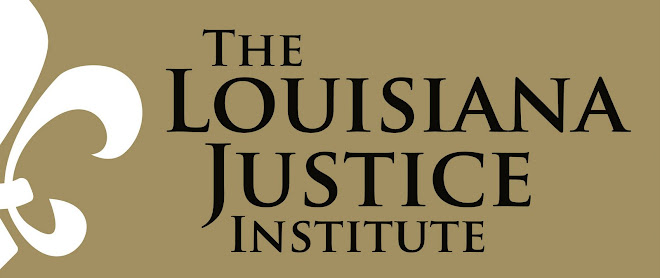 The Congressional Research Service has prepared an excellent publication on privatization and government. Its definition of privatization places charters and vouchers clearly in the privatization category. I think that it is crucial in the debate on school reform to not allow charter advocates to obscure their free market theory theoretical foundation with the use of the word "charters" (Fannie Mae was not a "charter" mortgage company--it is a privatized public service).
The Congressional Research Service has prepared an excellent publication on privatization and government. Its definition of privatization places charters and vouchers clearly in the privatization category. I think that it is crucial in the debate on school reform to not allow charter advocates to obscure their free market theory theoretical foundation with the use of the word "charters" (Fannie Mae was not a "charter" mortgage company--it is a privatized public service).The author defines privatization as the use of the private sector in the provision of a good or service. Private sector is defined as any non-government entity, including non-profits, religious organizations, and volunteer groups. The heart of the definition is that with the transfer of services from the government to the private sector comes, to some degree, a transfer of power, i.e. the public loses some measure of control over the service.
I find it very useful that the author, Kevin Korsar, lists the preconditions of free market benefits to prevail, such as that the consumer has to have full knowledge of the quality of the service or good in order to make rational choices. Rational consumer behavior is what brings about efficiency in the market; consumers use services that deliver the most for the least cost. Thus, when we transfer a government service to a private entity (and non-profits are private entities by his definition) we have to have complete transparency. For example, school operators can't hide special funding that gives them a temporary advantage in the market; which drives out better operators and results in inferior products.
Even food consumers have that kind of transparency necessary for free markets to produce the best product for the least cost: every can of beans has to list it's nutritional qualities on the label so that consumers can make rational, informed decisions on which brand is the best buy. In contrast, charter schools are not bound by that kind of transparency; they don't have to advertise test scores, low school evaluations, accurate teacher-student ratios, etc.
Competition breeds marketing and, as the author points out, while government does only what the law permits and proscribes, private entities may do whatever the law does not forbid. While we are in the midst of a revolution in cognitive science and neuroscience that is making tremendous advances in our understanding of how humans learn, little of this has made its way into the charter reform movement. Free market forces favor marketing over science.
I also like his notion that only government has the common weal at interest (ideally). Private entities, be they profit or non-profit, are driven by narrower goals such as profits, organizational mission, and bureaucratic self-preservation (no one likes putting themselves out of a job, even if they are doing a bad job.)
The issue at stake in New Orleans is privatization, not "chartering." To properly evaluate the charter reforms, as well as the privatization of teacher recruitment (TFA), we need to know the underlying "process change theory." In this case, it is privatization. Understanding the underlying change theory will help us understand the potential benefits and dangers of the reform strategy and how best to measure it against alternative strategies. As we have seen locally, when we privatize teacher recruitment, we lose the government's mandate for equitable employment with respect to race and age.
That outcome was a predictable outcome of free market theory emphasis on lowering overhead costs. The exclusion of special education children from charter schools was also a predictable free market outcome of the tendency of private entities to reduce services to increase profits or to operate within a limited revenue stream. BESE's mandate forcing charters to enroll special education students reflects their understanding that they, as an elected body, had to compensate for the narrow goal focus of privatized groups.
Which activities are essential to the state and should remain directly accountable to the elected representatives and which may be carried out by the private sector? That's the central question of the public education debate. Children are not municipal services, like garbage collection or parking-fine collections. Bad schooling affects children for a lifetime and can consign them to a life of despair. Education is ultimately a social service that affects the equitable allocation of future resources. To what degree can we safely surrender accountability to the public in this realm?
So, I would propose that in the public debate on charter schools, the following definition is the most useful:
Charter schools are publicly funded schools operated by private businesses or non-profit organizations.
Hence the debate in New Orleans, on both school operation and teacher recruitment, is a debate on the privatization of public services. If the experiment in New Orleans succeeds in bringing about excellent and equitable education, then privatization deserves the credit and the theory can be replicated elsewhere. If it fails to achieve better and equitable outcomes for the same inputs, then privatization, as a theory of educational reform, must be reconsidered.
Dr. Lance Hill is the Executive Director of the Southern Institute for Education and Research, a tolerance education and race relations research center based at Tulane University in New Orleans. He is the author of The Deacons for Defense: Armed Resistance and The Civil Rights Movement (University of North Carolina Press, 2004).

No comments:
Post a Comment